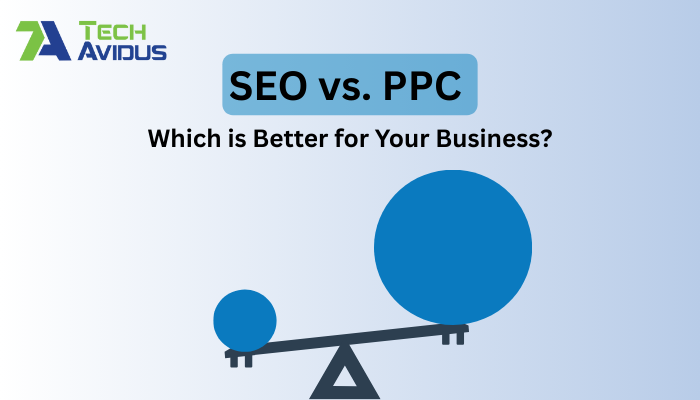
When it comes to boosting your online presence, you might have heard about two powerful strategies: SEO and PPC. These are essential tools in digital marketing, each with its strengths and benefits. Let's dive deep into understanding SEO vs. PPC and which one might be better suited for your business needs.
SEO stands for Search Engine Optimization. It's the process of improving your website's visibility on search engines like Google, Bing, and Yahoo. This is achieved through various strategies such as optimizing keywords, creating quality content, building backlinks, and improving user experience. The goal of SEO is to rank higher in organic (unpaid) search results, driving more organic traffic to your website.
PPC stands for Pay-Per-Click. It's a digital advertising model where advertisers pay a fee each time their ad is clicked. PPC ads are displayed on search engine results pages (SERPs) and other platforms like social media. Google Ads and Bing Ads are popular PPC platforms. Unlike SEO, PPC provides instant visibility as ads appear at the top of search results and other targeted placements.
Cost: SEO is generally considered a long-term strategy with lower ongoing costs compared to PPC. Once you achieve higher rankings through SEO, you can attract organic traffic without continuously paying for clicks. On the other hand, PPC requires a budget for each click, making it more immediate but potentially more costly in the long run.
Speed: PPC offers quick results, as your ads can start appearing as soon as your campaign is live. This makes PPC ideal for promotions, new product launches, or time-sensitive offers. SEO, however, takes time to show significant results, often requiring months of consistent effort to climb search rankings.
Visibility: PPC ads guarantee top placements on SERPs, ensuring immediate visibility to users searching for related keywords. SEO relies on organic rankings, which may vary based on search algorithms and competition. However, users often perceive organic results as more trustworthy.
Long-term Value: SEO investments can have long-lasting benefits, as higher organic rankings can lead to continuous traffic and brand credibility. PPC, while delivering immediate traffic, only generates leads once the ad budget is exhausted unless continuously funded.
The answer depends on your business goals, budget, and timeline. Here's a breakdown:
Choose SEO if:
Choose PPC if:
In the SEO vs. PPC debate, there's no one-size-fits-all answer. Both strategies have merits and can complement each other in a comprehensive digital marketing plan. Understanding your business objectives, target audience and budget constraints will help you make an informed decision on whether SEO or PPC is better suited to achieving your goals.
Our Top 1% Tech Talent integrates cutting-edge AI technologies to craft intelligent, scalable, and future-ready solutions.
All Rights Reserved. Copyright © 2025 | TechAvidus